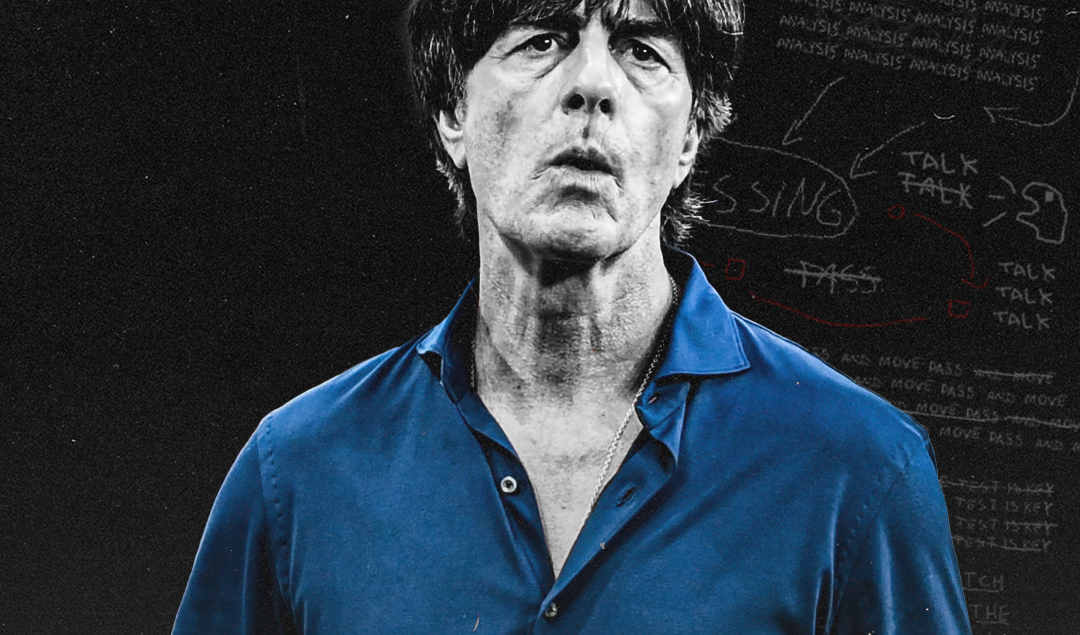Welcome to the Mad History of Tyrolean Football
When thinking about Tyrol, most people picture pristine ski slopes with chic après ski facilities where millionaires can take selfies after shredding some powder and ignoring the calls of their business partners who are looking to expand their hedge funds just for the day, because they are on vacation. Of course, this exaggeration is not an accurate description of the region, but if mountains are your thing, then this region should be right there at the top.
Straddled between Austria and Italy due to some imperialist history thrown into the mix, the lowest elevation of the region stands at 200m and it is in one of these many valleys where our story unfolds. The city of Innsbruck is the most populous of the region and one of the most expensive in Austria. With brands such as Swarowski headquartered in Innsbruck there should be no shortage of sponsors willing to take football to the next level, however, the footballing story of the region is one marked by upheaval.
In 1915, a football club with green and black colours was founded called Wacker Innsbruck, Wacker roughly translating as brave or valiant, but only lasted until 1920. To avoid a complete dissolution, the club merged with FC Rapid Innsbruck to from FC Sturm Innsbruck, before reverting to their original name in 1923. In the next few decades, it was business as usual for the club, taking part in regional leagues and winning the Tyrolean Cup.
Interrupted by World War Two, football in Austria resumed with Wacker Tirol gaining promotion to the top division during the mid-60s. The 70s saw the team challenging for titles and win their first silverware, the Austrian Cup in 1970. This gave them entry to the European Cup Winners’ Cup, where they met Real Madrid in the second round. A shock 1-0 win at the Santiago Bernabeu was overturned by Los Merengues in Austria, but soon the Innsbruck faithful would have another reason to celebrate, the Austrian League, won in 1971.
Did Bayern Munich Really Save Borussia Dortmund at the Beginning of the 2000s?
Buoyed by this success the decision was made to strengthen Tyrolean football by merging its two most successful teams, Wacker Innsbruck and WSG Tyrol. The second team, based just 8 miles away was none other than the colloquially named Swarowski Tyrol, and the new would be juggernaut would be named SpG Swarovski Wattens-Wacker Innsbruck, which is quite the mouthful. The gamble paid off and four titles and four cups came as a reward during the 70s.
European success was also added to the list, with two Mitropa Cup victories and a quarter-final exit in the European Cup, where Borussia Mönchengladbach’s Jupp Heynckes scored the decisive goal. The 80s brought about financial difficulties and a split between the two clubs. FC Wacker Tirol started again in the basement of the Tyrolean league system, whilst the newly formed FC Swarovski Tirol retained the Austrian Bundesliga license and reached the semi-finals of the UEFA Cup under legendary manager Ernst Happel in 1987.
After the Swarowski experiment ended, the license was returned to Wacker, who tasted one season of professional football in the second league, before a new experiment was started. FC Tirol Innsbruck, took the professional squad and license of Wacker Innsbruck over and entered the Bundesliga. In 1994, President Klaus Mair took the club over and sank more than 20 million Austrian Schillings into the club. A conversion rate was hard to find, but a rough estimate of 1.5 million Euros is the best I can do, which would still be a lot in the mid-90s.
His presidency was short-lived, as he was arrested for fraud and embezzlement, and the club was only saved through the influence of local politicians. At the end of the 90s, Kurt Jara took over as manager and guided the team to the 2000 and 2001 Bundesliga titles, before leaving for Hamburg. In his place came none other than Joachim Löw, at the time coming off the back of disastrous spells at Karlsruhe and Adanaspor. He would oversee the last title of the club in 2002 before the crippling debt set in. The expenditure of the recent years could not be balanced out with a fire sale and the club declared bankruptcy.
The club was reformed the same year, taking over the Wacker name left vacant after the disbanding of Wacker Innsbruck in 1999. After the fans rejected the attempts at continuation through the name Wacker Tirol the club was renamed to Wacker Innsbruck in 2007. They are currently playing in the third league after spending four seasons in the Bundesliga from 2010 to 2014. In April of this year, a collaboration with Los Angeles FC was announced, Meanwhile, a few miles away, WSG Tirol, or the original Swarowski Tirol, have been playing Bundesliga football since 2019.
By: Eduard Holdis / @He_Ftbl
Featured Image: @GabFoligno / Markus Gilliar – Getty Images
